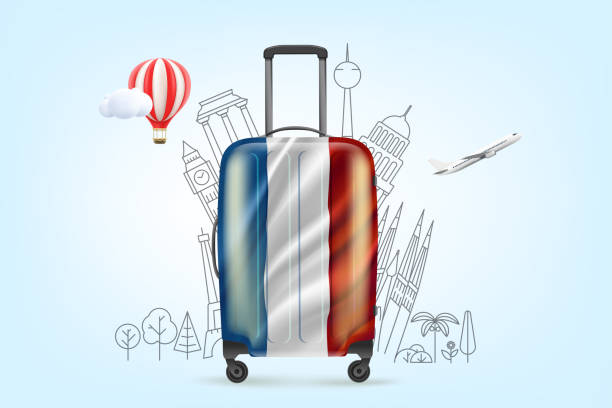Table of Contents
The landscape of travel has undergone a dramatic transformation in recent decades, driven by technological advancements, economic shifts, and changing societal values. Traditional forms of tourism, characterized by mass tourism and standardized experiences, are giving way to a new era of experiential travel. This trend is characterized by a desire for authentic, immersive, and personalized experiences that go beyond the typical tourist attractions.

The Rise of Experiential Travel
Experiential travel is a form of tourism that emphasizes personal growth, cultural immersion, and meaningful connections. It involves actively engaging with destinations, participating in local activities, and learning about different cultures. This shift away from mass tourism is driven by several factors:
Millennial and Gen Z Travelers: Younger generations are increasingly seeking unique and meaningful experiences. They are more likely to prioritize personal growth, cultural immersion, and sustainable travel practices.
Technological Advancements: The rise of online platforms and social media has made it easier for travelers to research and book personalized experiences. Additionally, advancements in technology have made it possible to connect with locals and participate in off-the-beaten-path activities.
Economic Factors: The global economic landscape has changed, with more people having the means to travel and explore new destinations. This has led to a growing demand for unique and memorable experiences.
Societal Values: There has been a shift in societal values towards sustainability, authenticity, and ethical travel. Travelers are increasingly seeking experiences that align with their values and contribute positively to local communities.

Key Trends in Experiential Travel
- Sustainable Tourism: Travelers are becoming more conscious of the environmental and social impacts of their travel. Sustainable tourism practices, such as supporting local communities, minimizing waste, and conserving natural resources, are becoming increasingly popular.
- Cultural Immersion: Experiential travelers are seeking to immerse themselves in local cultures, learning about traditions, customs, and languages. This can involve staying with locals, participating in cultural activities, and supporting local businesses.
- Adventure Travel: Activities such as hiking, trekking, camping, and adventure sports are becoming increasingly popular among experiential travelers. These activities offer opportunities for personal challenge, physical activity, and connection with nature.
- Wellness Tourism: Travel focused on wellness and well-being, including yoga retreats, spa treatments, and health-focused activities, is another growing trend. This type of travel can help travelers relax, rejuvenate, and improve their overall health.
- Digital Detox: As technology becomes more pervasive, there is a growing desire to disconnect and escape the digital world. Digital detox retreats and experiences that encourage mindfulness and presence are becoming popular.
- Solo Travel: More people are choosing to travel alone, seeking personal growth, independence, and the freedom to explore at their own pace.
The Future of Travel
The trend towards experiential travel is likely to continue in the coming years, as travelers seek more authentic, meaningful, and sustainable experiences. As technology continues to evolve, we can expect to see even more innovative and personalized travel options.

Conclusion
In conclusion, the evolution of travel trends from traditional tourism to experiential journeys reflects a shift towards a more personalized, meaningful, and sustainable approach to travel. As travelers continue to seek unique and authentic experiences, the future of travel looks bright and exciting.